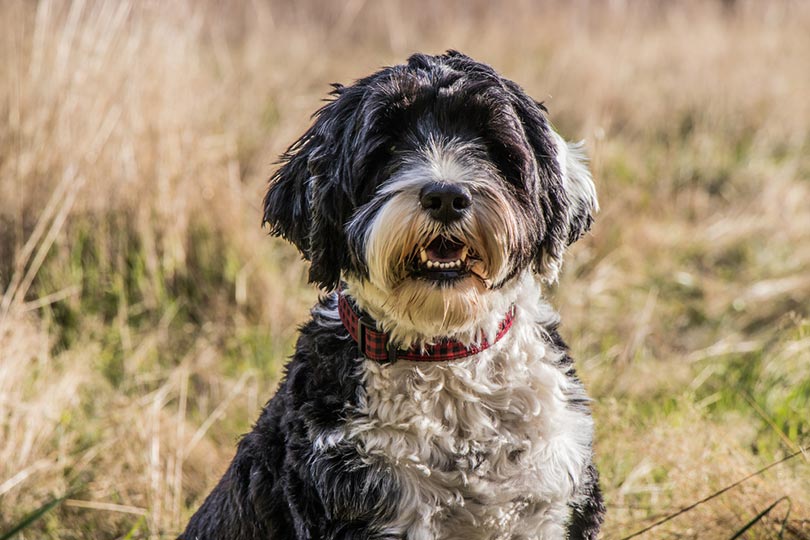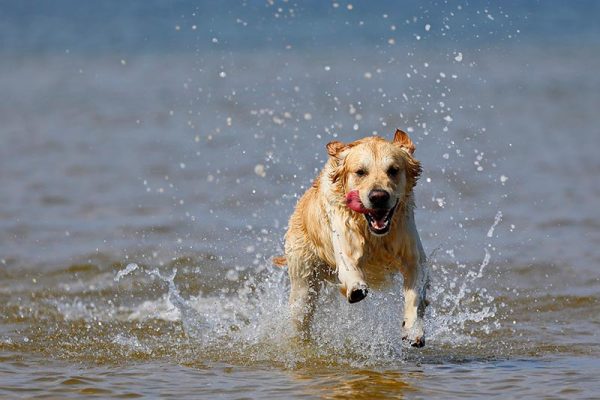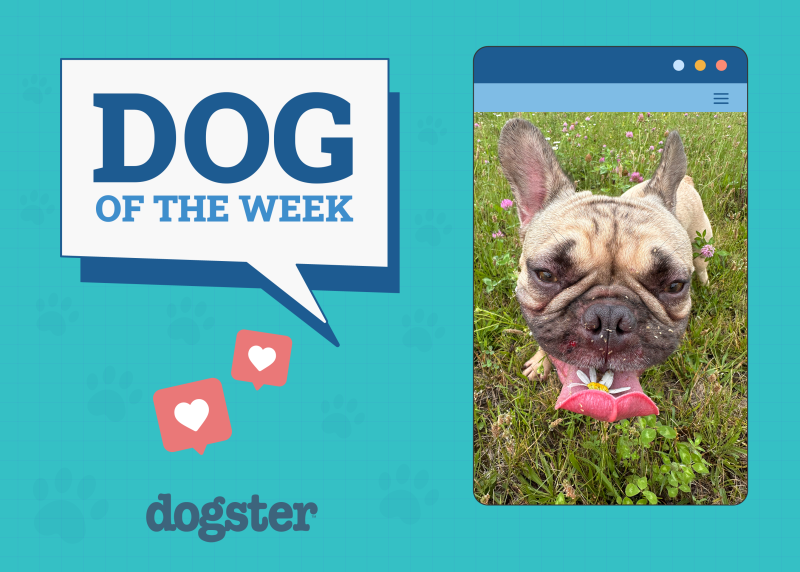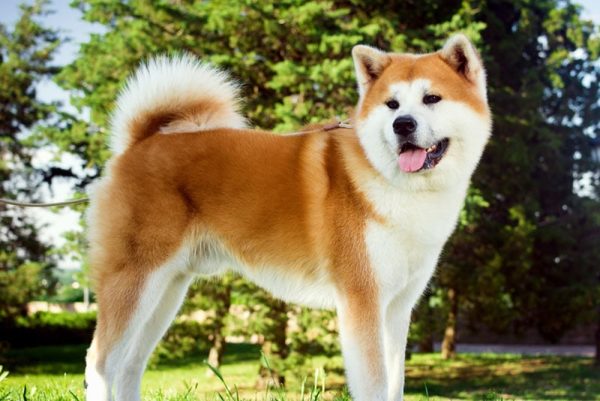The Portuguese Water Dog, often called the Portie or PWD, is a little-known breed with an infectiously joyous personality, lustrous curly coat, and more than a little wit to spare. Their amiable personality and boundless energy make them a perfect companion for families with small kids and other pets alike. Although their lineage reaches back thousands of years, not many people know much about this dog.
To help remedy that and to spread awareness about this underrated breed, we put together a list of the most interesting facts to know about the Portuguese Water Dog. Read on for the details!

The 7 Facts About the Portuguese Water Dog
1. They Have a Rich History
Portuguese Water Dogs can trace their ancestry all the way back to the B.C.E. days, though nobody seems to agree on a specific year or even century. Some posit that the Berbers of Africa brought them to Europe after they became the more modern Moors, while others claim that the Ostrogoths of Eastern Europe really had them first. Either way, Poodles and PWDs are thought to stem from these cultures.
Hailing from the western Asiatic Steppes, they emigrated to the Iberian Peninsula, which encompasses modern-day Portugal and Spain. Commonly called cão de agua, or “dog of water,” in Portuguese, this hardy water-loving breed was used to retrieve lost tackle, fetch frayed fishing nets, and even ferry messages between trawlers in the eastern Atlantic. Porties were largely relegated to Europe until the 20th century, when a pair was brought to America. Today, they’re not a well-known breed and are sometimes even confused for Poodles.
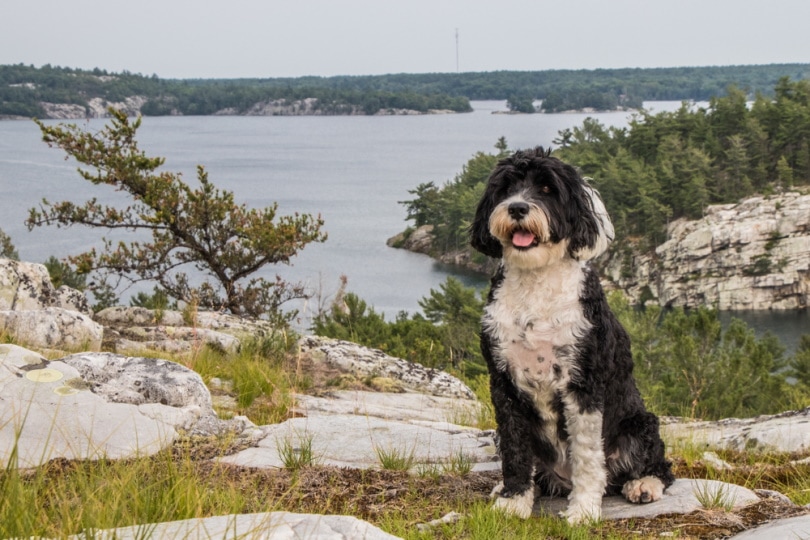
2. They Have a Dense, Curly, and Non-shedding Coat
Let’s get this out of the way: No dog is 100% hypoallergenic in the sense that they’ll never trigger animal allergies. Porties do, however, shed very little compared to some other fluffy, curly breeds out there. Their coat demands regular brushing to stay free of mats and ideally, a nice short retriever cut to make grooming easier, though. More showy, majestic Porties might boast the shaggy lion cut, which makes them look fierce but takes more time to brush.
3. Portuguese Water Dogs Have Webbed Feet
Yes, really! The Portie was a steadfast fishing companion that could herd fish into trawler fishing nets, retrieve lost items, and do other tasks by using their specialized webbed feet. It’s not quite as obvious as a duck’s feet but looks a little similar if you spread their toes. The thin membrane helped the dog paddle in shallow water, and most modern Porties still love to swim!
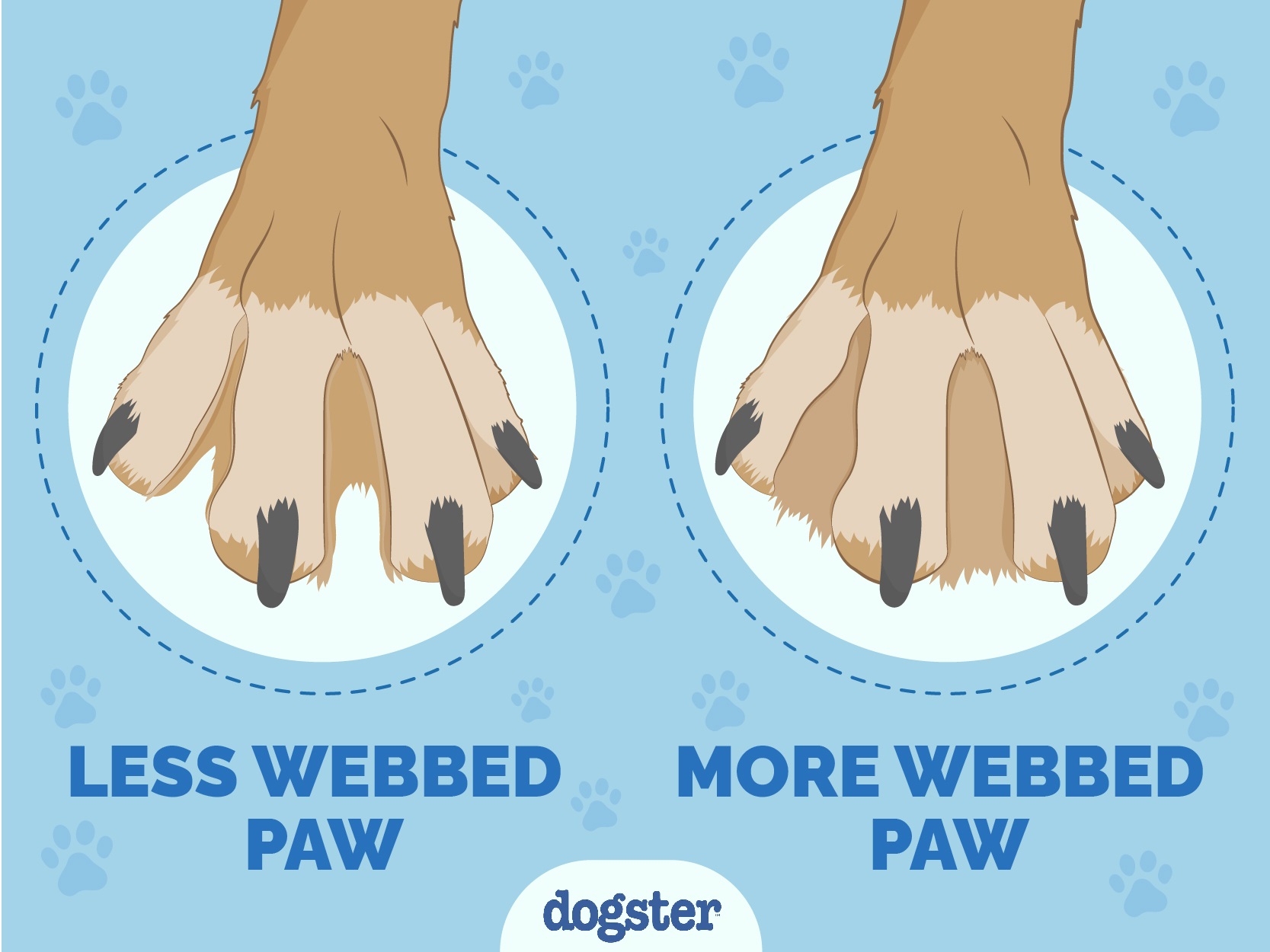
4. They Almost Became Extinct
As the Portuguese fishing industry dwindled, so did PWD populations. Some sources claim that the breed was nearly extinct as early as the 1930s, while a vintage New York Times article from the ’70s claims that there were as few as 50 by the 1960s.
Fortunately, there was a silver lining: Vasco Bensaude, a Portuguese shipping magnate, was concerned about the breed’s continuity after breeding programs were interrupted during WWI. His breeding programs continued for several more decades under his protégeé, Conchita Cintron de Castelo Branco. Together, those two men are likely to thank for every single Portie alive today.
5. They Charmed a Senator and a President
While they had poor popularity for a long time, PWDs made waves with select influential individuals. Chief among them was Senator Ted Kennedy, who famously paraded his two Porties with him everywhere. Their names were Splash and Sunny.
Kennedy even wrote a children’s book entirely narrated in Splash’s voice. When President Barack Obama was inaugurated in 2009, Ted Kennedy gifted the First Family one of Sunny’s brothers, a pup named Bo, who passed away in 2021.
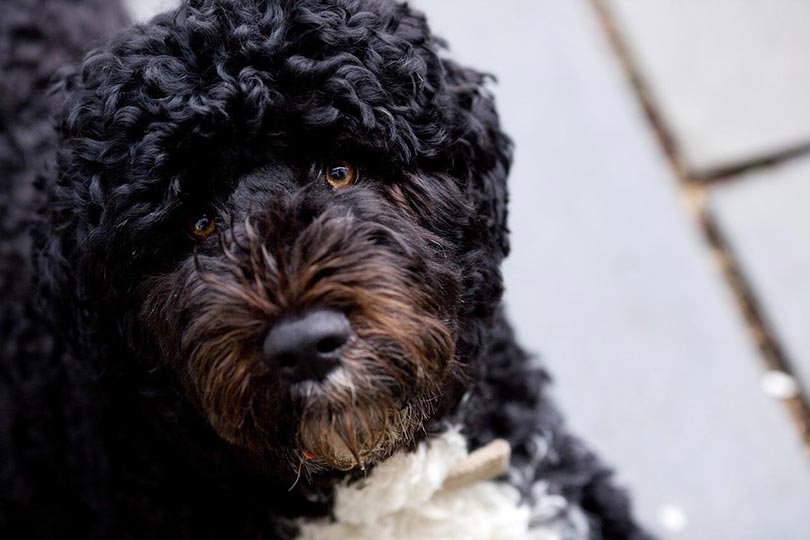
6. Only Two Haircuts Are Show Approved
The Portuguese Water Dog has long hair if allowed to grow for an extended period, but most people choose to do one of the two show-approved haircuts: the short, practical, all-over retriever cut, and the showy, flowing lion cut. Unkempt and in-between coats that don’t fit either style won’t make the cut, so to speak.
7. Porties Were Formally Recognized in 1984
From their humble fishing beginnings to near extinction, where did the Portuguese Water Dog go throughout history? As of the 1970s, they went to America. The lovable, energetic Portie became so popular that the Portuguese Water Dog Club of America was founded in 1972 after a couple named the Millers received a pair of PWDs in a rare-breed exchange.
The breed was so rare, though, that they weren’t AKC recognized until 1981, and even then, they were part of the “Miscellaneous” class, which meant they couldn’t compete in shows. They weren’t allowed into the ring until 3 years later.
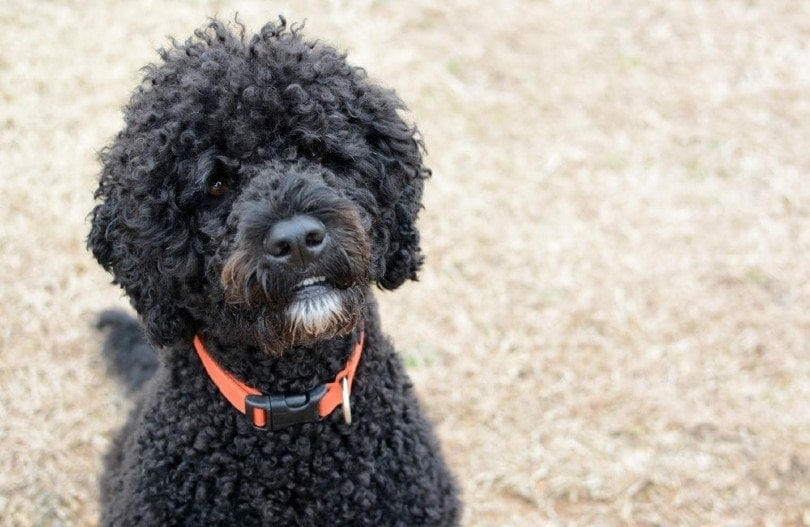

Final Thoughts
Portuguese Water Dogs are sadly underrated despite their turbulent history and perky, can-do attitude. They might not be as well-known as a Labrador Retriever or a Golden, but Porties are lovable family companions that will keep you active. Whether you’re swimming or jogging, they’re along for the ride!
See Also:
- How Much Does a Portuguese Water Dog Cost?
- Portuguese Water Dog Breed Mixes
- Portuguese Water Dog Health Issues
Featured Image Credit: Lynda McFaul, Shutterstock
